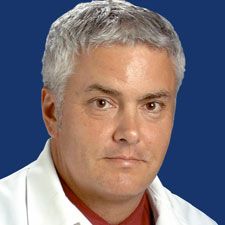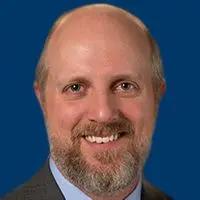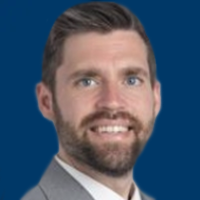Data Thieves Are the Newest Form of Cancer
Tens of millions of medical profiles have been hacked from payers and oncology practices in just the past few years.
OncLive Chairman,
Mike Hennessy
More than $1 billion of Medicare funds spirals down the waste, fraud, and abuse drain each week, but the relatively nascent industry of medical ID theft could also become a serious problem. The Medical Identity Fraud Alliance (MIFA) has made combatting Medical ID theft its goal, arguing convincingly that oncology practices have much to fear from this trend.
Ann Patterson, senior vice president and program director at the MIFA, notes in this month’s Oncology Business Management (OBM) that many practices have not yet realized just how valuable a medical ID can be to a data thief. Whereas a stolen Social Security card can be sold for $1 on the black market, a stolen medical ID can command a price of $50, and cases of ID theft are soaring. Tens of millions of medical profiles have been hacked from payers and oncology practices in just the past few years. In our cover story, you’ll find out what your practice needs to do to protect itself from this threat.
Also this month, we take a close-up look at the factors driving the rise in business staff at oncology practices. In the old days, a physician could make it with a handful of staffers working in support roles, but that isn’t the case any longer. When you walk into a practice these days, you’ll find a battalion of workers, many of whom are fully occupied dealing with payer issues—the primary cause of this increase in manpower. Read about the drug cost issues and payer reactions that have prompted this hiring response by independent practices across the country.
Of course, there’s more going on behind the scenes that is contributing to this phenomenon of rising staff. Andrea Anderson, practice manager for Bruce Hayton, MD, a solo oncologist in Wildomar, California, describes her job of looking after multiple responsibilities as a juggling act that is also a source of worry. “There are so many balls in the air, you’re just praying that the wrong ones don’t fall, or they all don’t fall,” she told OBM. The story begins on the cover.
Earlier this year, CMS stunned the oncology community with the announcement that it would pursue a two-phase drug price management program that would dramatically change payment rates for drugs across the board. This month, in our continuing coverage of this issue, we highlight the second part of this drug “experiment” by reviewing congressional testimony proffered this summer by Patrick Conway, MD, acting principal deputy administrator and chief medical officer for CMS. Turn to page 26 to read Conway’s explanation of why CMS decided to include a whopping 75% of Medicare Part B providers in this plan. Read about his defense of such a broad-scale test of new payment methods, which are scheduled to roll out as early as January.
Additionally, I’d like to pitch our cover story on how proton beam technology is quickly taking hold in the oncology community. Although the jury is still out on the medical superiority and value of this form of radiation therapy, these issues have not gotten in the way of deployment. The high cost of this technology and the potential for it to become a fad pose interesting problems for independent practices. Read about it on page 14. There’s a lot more in this month’s issue. Please enjoy!




